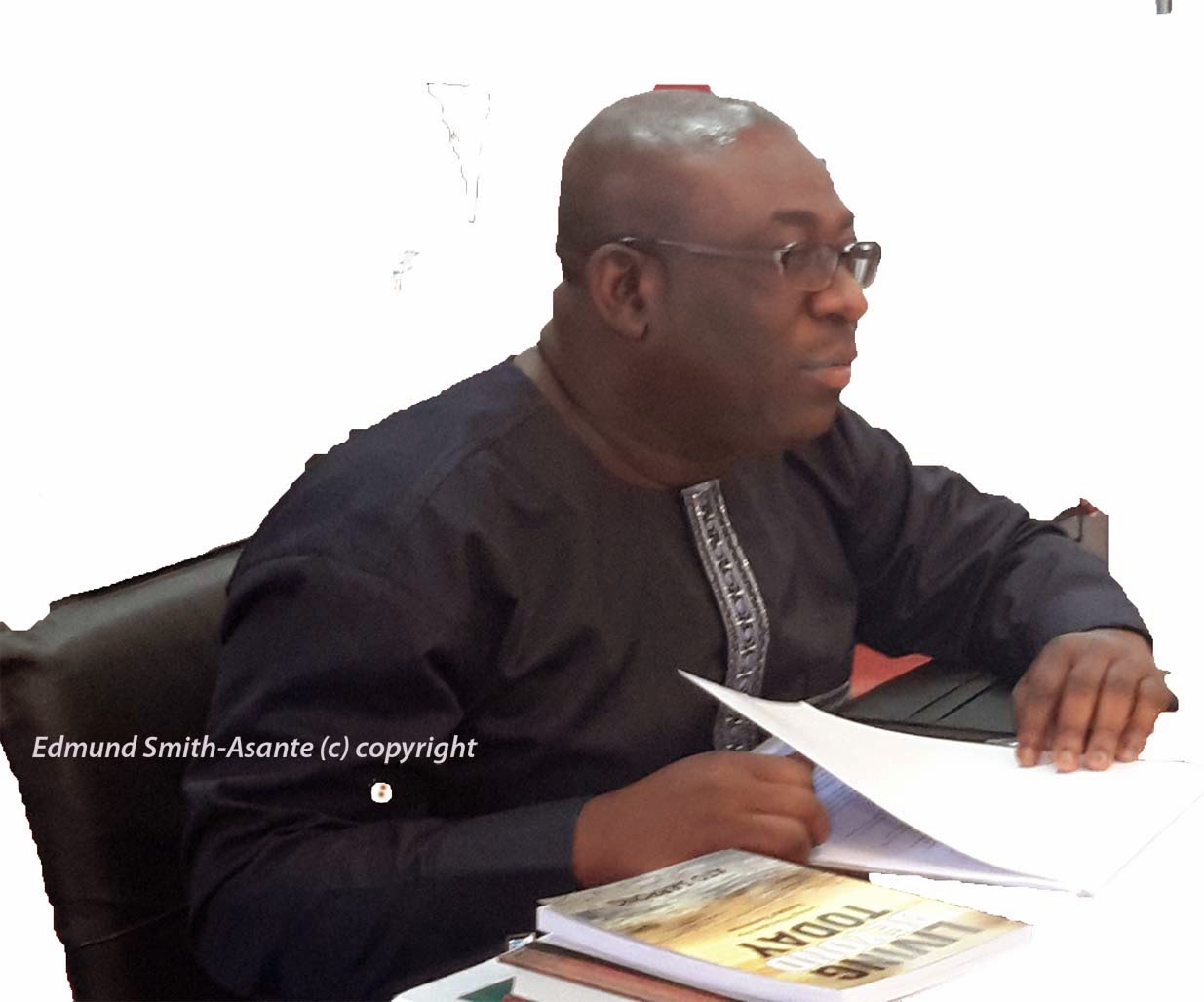BY EDMUND SMITH-ASANTE, MUMBAI, INDIA
 |
| Kofi Annan |
The immediate past Ghanaian-born United Nations Secretary General, Kofi Annan, has been extolled for espousing the Millennium Development Goals (MDGs) during his two-term tenure as head of the world body.
Describing him as an astounding and inspiring person, Chairperson of the Water Supply and Sanitation Collaborative Council (WSSCC), Professor Anna Kajumulo Tibaijuka, said “Imagine the world without Kofi Annan – That would be a world without the Millennium Development Goals, including the sanitation target that brings all of us here in Mumbai.”
Delivering her address on the theme “Inspire to Act” via video to a packed global audience on the first day of the first ever WSSCC-led Global Forum on Sanitation and Hygiene in Mumbai, in the Maharashtra State of India on Monday, October 10, 2011, Anna Tibaijuka, who is also a Minister of State of the Tanzanian Government, stated that another person who had inspired her, was the late Professor Wangari Muta Mary Jo Maathai of Kenya.
Praising the late Kenyan Deputy Minister for Environment and Natural Resources in Mwaki Kibaki’s government as Africa’s outstanding daughter, the first African woman to win a Nobel Peace Prize for her leadership in saving the environment by organising poor women to plant trees in Kenya, Professor Tibaijuka disclosed that ironically she had been invited to speak at the Global Forum and had indeed indicated her willingness to participate.
“She also fought fearlessly to save urban open spaces in Nairobi, led by the poor who live in overcrowded conditions – May God grant her eternal rest and may her legacy eternally inspire us,” she eulogised the late Professor.
 |
| Prof. Wangarai Maathai |
The late Wangari Maathai was also an environmental and political activist and founder of the Green Belt Movement, an environmental non-governmental organization focused on the planting of trees, environmental conservation, and women's rights in the 1970s. Apart from the Nobel Peace Prize, she was awarded the Right Livelihood Award in 1986, and was an elected member of Parliament. Maathai died of complications from ovarian cancer in Kenya on September 25, 2011 and was buried on October 8, 2011.
The WSSCC Chair however noted that it was not only great personalities that have inspired her, but the many staff she has worked with, who did their work with so much dedication “that they sustained me in moments of doubt.”
Anna Tibaijuka continued that she has also met many slum dwellers who were unsung heroes and heroines, citing slum women of Ghana, whom she said “kept on singing homeless but not hopeless,” when she visited them.
“They insisted they were always, busy, busy doing something”, she recounted.
The Tanzanian Minister of Land, Housing and Habitation, also mentioned that the first time she visited Mumbai, the pavement dwellers gave her a shawl that she values so much and wears only on special occasions.
 |
| Prof Anna Tibaijuka |
“The love that went into that gift was very inspiring. Those who are willing to share the little they have; imagine the great difference they will make to this world, if their circumstances were improved – It made me work hard,” the Minister and Chair of WSSCC said.
She urged the conference to reflect on that enthusiasm, resilience and optimism that finally will overcome the challenges that have made sanitation for all a distant dream.
Anna Tibaijuka reminded all, that one of the core values of WSSCC is that inspiration is gained from each other and from the work.
Recounting the success chalked at a forum on water and sanitation in Dakar, Senegal at which she was co-chair and out of which big multimillion projects such as the Lake Victoria water and sanitation project in Africa and the Mekong Delta water and sanitation project for Asia in Vietnam were born (http://www.ausaid.gov.au/hottopics/topic.cfm?ID=7074_5328_2072_9553_948), she said: “A successful conference is always a watershed for great things to come.”
She expressed “the firm belief, that if we can ensure access to good sanitation and hygiene to all people, including the poorest, the marginalised, the disabled, the elderly, girls, women and even men, then we will truly be making a difference in people’s lives.”






Comments
Post a Comment